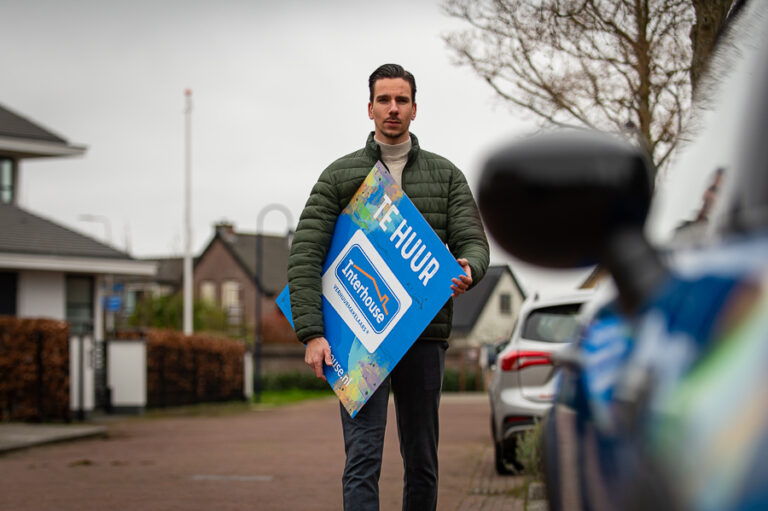The assessment notices for municipal levies and water board charges drop onto the doormat once a year. We’re often asked who is supposed to pay these taxes.
Let’s start by explaining what municipal levies and water board charges are. Most people will know what a municipality is. But what is a water board (or water authority)? A water board is an official body that conducts water management in a specific area. It ensures that there is enough clean drinking water and protects the area from flooding. Everyone who lives (or has a business based) in a specific municipality or water board area has to pay charges for receiving certain services. The proceeds are used to maintain the municipality and/or water board area and to invest in e.g. street lighting or the construction of dikes.
Assessment notice for municipal levies
If all the parties are correctly registered in the municipality’s Personal Records Database (BRP) then in theory the assessment notices should be sent to the right person. The relevant bodies split the charges into the owner’s share and the user’s share. The owner/landlord of a residential property receives the notice for the owner’s share and the occupier/tenant the notice for the user’s share.
However, it’s fairly common for the owner still to be registered at the address and the tenant not to be registered (yet), or for the relevant bodies not yet to have recorded the change of registration in the system. In such cases, a single assessment notice containing both the owner’s and user’s levies may be sent to either the owner or the occupier.
What are these levies? And who pays what? It’s worth remembering that this will depend on the municipality or water board, as will the amount to be paid. We therefore recommend that you consult (the website of) your municipality or water board for more information.
Municipal levies
The most common municipal levies and charges are:
– Property tax (OZB): this tax is for the account of property owners. The exact amount depends on the property’s WOZ value (for the purposes of the Valuation of Immovable Property Act) and the prevailing property tax rates;
– Sewerage charges: this tax is also for the account of property owners. You pay this to be connected to the sewerage system and the proceeds are used to maintain this and to treat waste water and rain water. This is a fixed amount per year;
– Waste charges: this charge is for the account of the user (i.e. the occupier/tenant) of a residential property and covers the collection and treatment of household rubbish. The amount you pay for this depends on the number of people registered to the relevant address. The calculation is based on a single-occupancy household or multiple-occupancy household (i.e. more than one occupier).
Water board charges
There are three types of water board charges:
– Water system charges: these are used to fund flood prevention and split into the owner’s share (Water system charge for buildings) and the user’s share (Water system charge for residents).
The owner’s share is calculated based on a percentage of the property’s WOZ value. The user’s share is a fixed amount per year based on the number of people registered to the address; 1 unit if you live alone and 3 units if you don’t live alone (so also if two of you are registered to the address);
– Water treatment charge: this charge is for the account of the user (i.e. the occupier/tenant) and you pay this when your home is connected to the sewerage system. This is used to fundthe treatment of waste water. If you live alone, you pay 1 unit and if the household containsmore than one person, you pay 3 units. The amount per unit is set annually;
– Pollution charge: this charge is also for the account of the user and you pay this when your home isn’t connected to the sewerage system. This charge is calculated in the same way as the water treatment charge. You pay either the water treatment charge or the pollution charge.
What happens when you move during a tax year?
When you move house, you pay the assessment notice for your former home. The amounts may be deducted by the notary if you buy or sell a property. The municipality may also reimburse you proportionally after you deregister from that municipality or after it has been notified of your registration at a different municipality. This also happens automatically (in theory) as soon as the change has been recorded in the system.
We always recommend contacting the relevant agency if you want to learn more about the levies and charges in your municipality or water board area as policies may differ according to region.
Are you looking for more information? Contact us directly.


